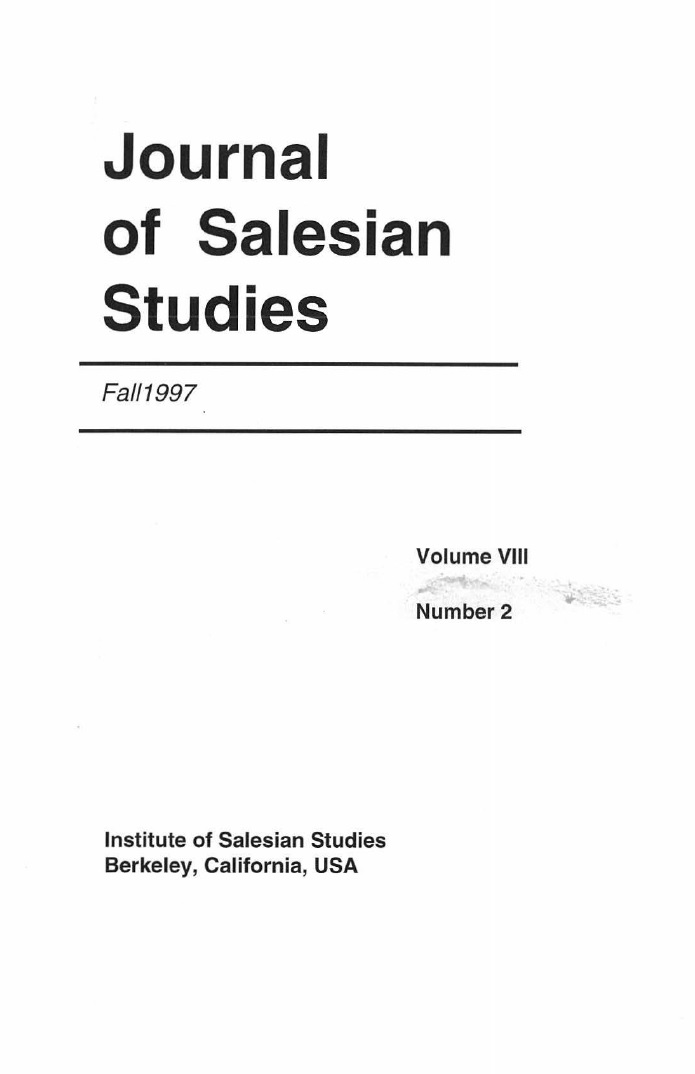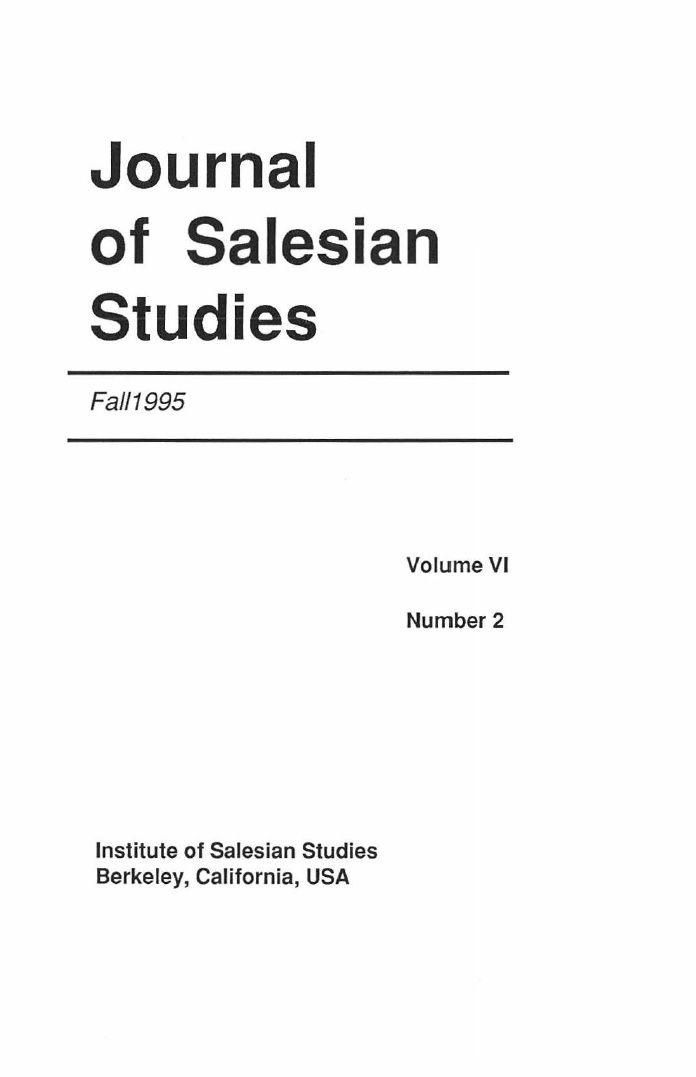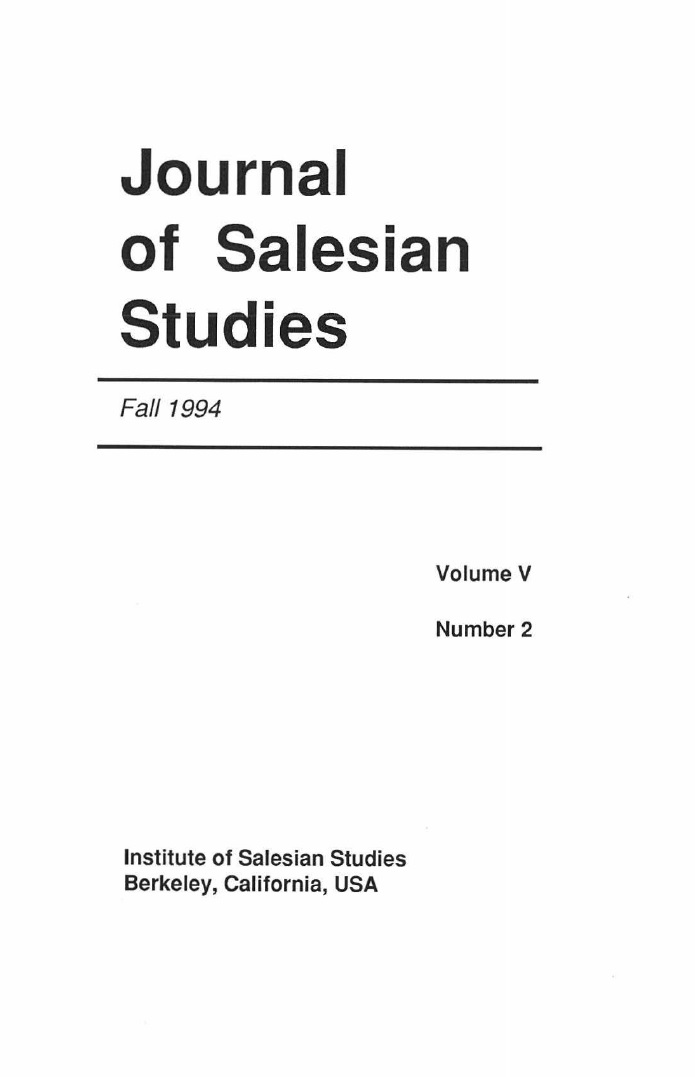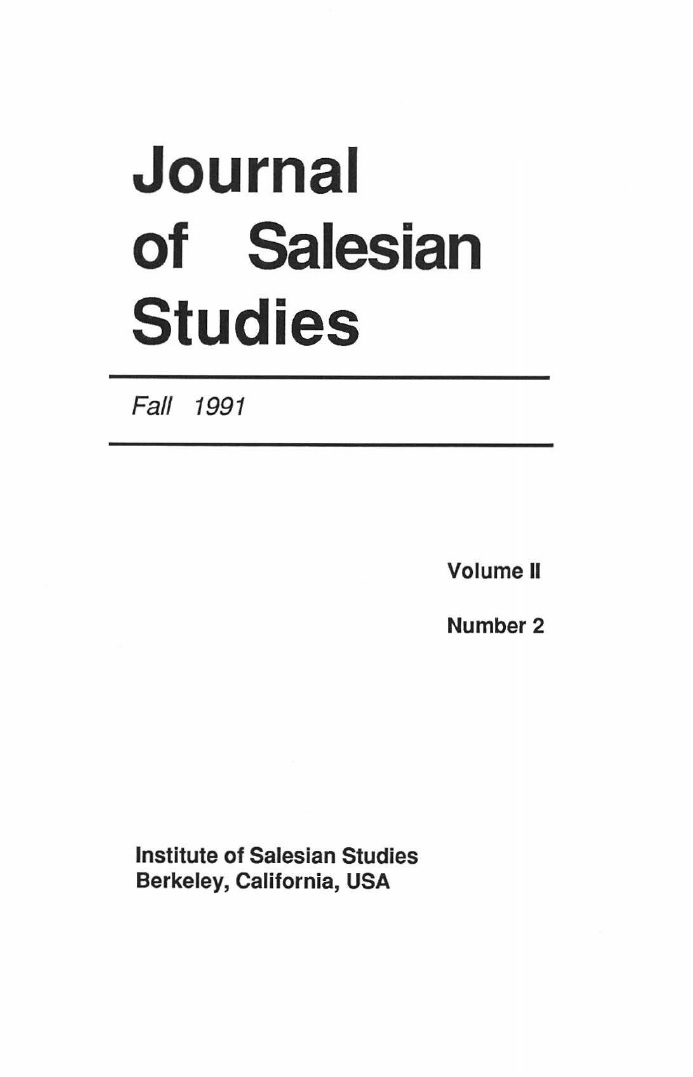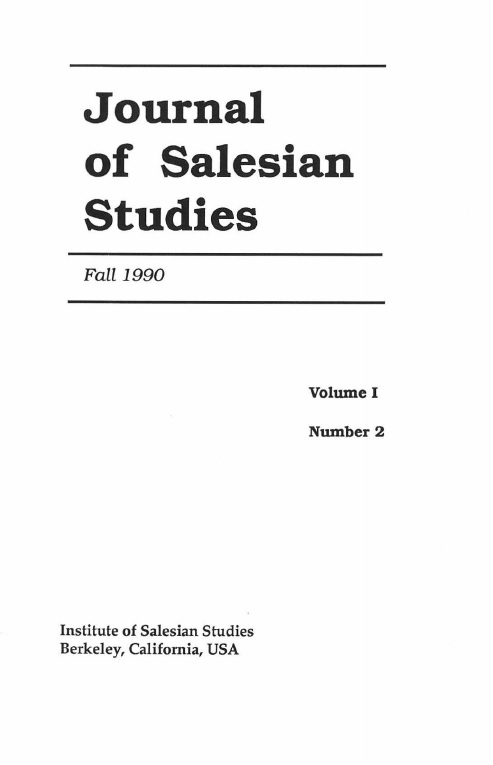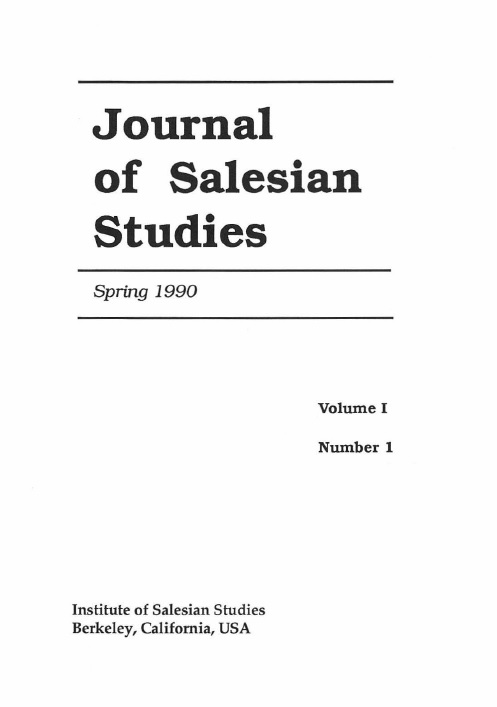Si narra che, un giorno dell’inizio del secolo, alla stazione di Milano un salesiano fu avvicinato da un Reverendo distinto, che gli chiese: — Quand’è che voi Salesiani scriverete una vita di D. Bosco ? — E alla risposta « che c’era già, che l’aveva scritta D. Lemoyne e che ne esistevano anche altre », il Reverendo aveva insistito: — No, no. Una vita.
Continue reading “Eugenio Valentini – Il primo studio critico sulla vita di D. Bosco”


